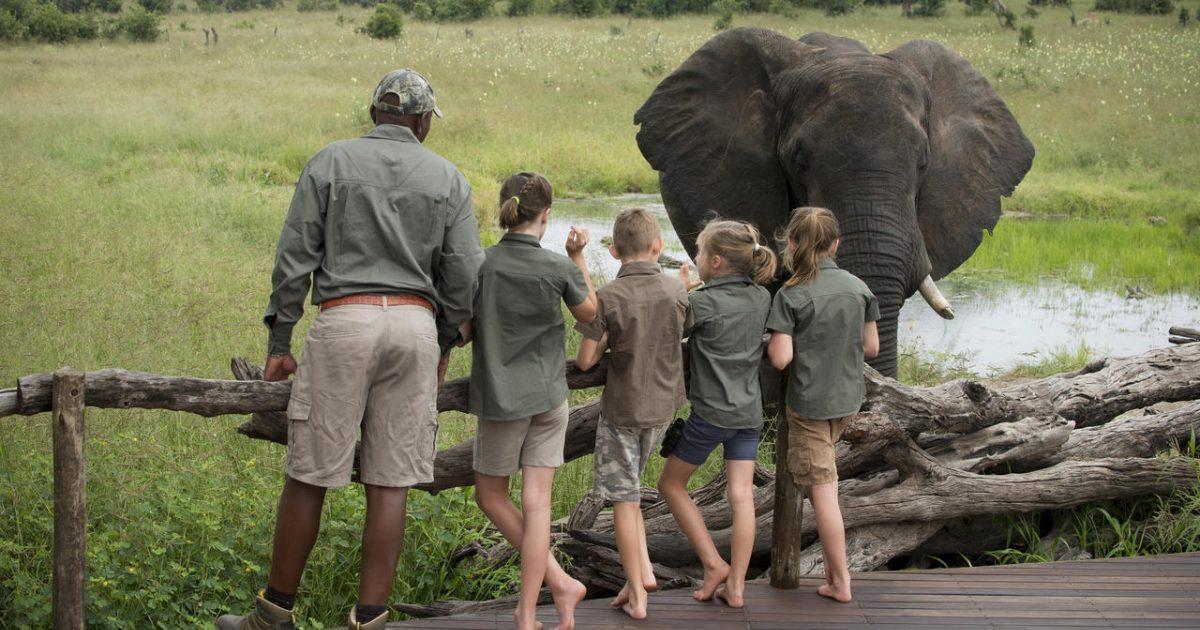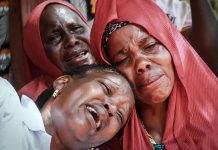Africa-Press – Botswana. The Ministry of Environment and Tourism has reviewed compensation rates for damage to property caused by wild animals in 2019 and subsequently submitted a proposal to Cabinet in 2020 for consideration.
Responding to a parliamentary question on Wednesday, Assistant Minister of Education and Skills Development, Honourable Nnaniki Makwinja said the revised and proposed budget for compensation after the review was estimated over P60 million excluding administrative and operational costs that could not be approved due to the tight fiscal outlook for the country resulting from the impacts of COVID-19 to the economy.
Assistant Minister Makwinja, who was answering on behalf of environment and tourism minister, said the ministry had been steadfast in exploring innovative and sustainable options to addressing human wildlife conflict.
She said following the human wildlife conflict Pitso held in October 2023, comprehensive national human wildlife conflict strategy and action plan was being developed to holistically address the conflict.
She said that the ministry also issued guidelines on controlling problem animals in agricultural extension areas in March 2024 and the guidelines were a practical guide to farmers who interacted with predators on their rangelands for protection of their property, including livestock and crops, to reduce human wildlife conflicts.
She shared current rates of compensation for donkey, goats, sheep and cattle that had been killed by wildlife and also stated that a total of 60 livestock were killed by lions in the areas around Semolale in the period between May 2023 and May this year. “The livestock included cattle, goats, donkeys, horses and sheep and an amount of P149 500 was paid as compensation to the affected farmers,” she added.
Honourable Makwinja informed Parliament that progress had been made to mitigate the human wildlife conflict and successfully control and remove the lions causing damage to property in the area.
The ministry, she said had not received any new reports of lions for about a month and “we deem that all lions that were a problem have been removed and as a ministry we will continue to closely monitor this in partnership with other stakeholders”.
Parliament also heard that to mitigate the human or elephants conflict in the area, the ministry through Department of Wildlife and National Parks, had deployed officers at MASEGO catchment area on monthly rotations to drive elephants away from human settlements.
Moreover, the community of MASEGO was facilitated to apply for funding from Conservation Trust Fund (CTF) to erect an electrified fence around their farms to protect their crops from elephant’ raids.
Assistant Minister noted that the normal hunting season ran from April to September for various reasons saying that the season had been already be extended to October 31 this year countrywide and there would be no further extension granted.
Bobonong MP, Mr Taolo Lucas had asked the minister to update Parliament on the review of compensation rates and compensable species that had been promised since 2020.
Mr Lucas also wanted to know the current rates of compensation for donkeys, goats, sheep and cattle that had been killed by wildlife, the number of domestic animals that had been killed by lions in the areas around Semolale and specifically state progress made in controlling the destruction caused by lions in the area.
He further wanted to know efforts made to control the destruction caused by elephants in the Gobojango, Semolale and Mabolwe catchment area and if the hunting season in the Bobirwa area was likely to change.
Source: dailynews
For More News And Analysis About Botswana Follow Africa-Press






